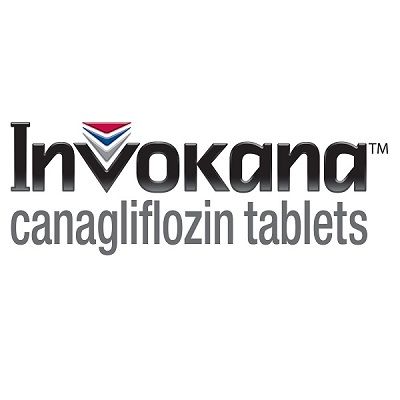 A diabetes medication class action lawsuit investigation has been launched after the new class of type-2 diabetes treatment known as sodiumglucose cotransporter2 (SGLT2) inhibitors may be linked to an increased risk of kidney failure and ketoacidosis.
A diabetes medication class action lawsuit investigation has been launched after the new class of type-2 diabetes treatment known as sodiumglucose cotransporter2 (SGLT2) inhibitors may be linked to an increased risk of kidney failure and ketoacidosis.
One of the new generation of diabetes medicationsknown as Invokana (canagliflozin) was analyzed by the Institute of Safe Medication Practices in May 2015.
The group also reviewed FDA adverse event reports that have been submitted by consumers and found that more than 450 incidents showed signs of kidney failure including: kidney stones, dehydration, impaired renal function, urinary tract infections and hypersensitivity.
This report comes just after the Food and Drug Administration’s (FDA) announcement warning patients and the medical community of the increased risks of ketoacidosis linked to SGLT2 inhibitors.
What are SGLT2 Inhibitors?
The new type-2 diabetes treatment is classified as a SGLT2 inhibitors. These medications work by blocking reabsorption of glucose by the kidneys and secreting it into the urine. When combined with diet and exercise, SGLT2 inhibitors are known to be effective.
In addition to Invokana (canagliflozin), other SGLT2 Inhibitors are marketed under the following names:
- Jardiance (empagliflozin)
- Invokamet (canagliflozin and metformin)
- Farxiga (dapagliflozin)
- Xigduo XR (dapagliflozin and metformin extended-release)
- Glyxambi (empagliflozin and linagliptin)
Commonly reported SGLT2 inhibitor side effects include urinary tract infections and vaginal yeast infections. However, the FDA has indicated that the type-2 diabetes medications may also cause kidney damage and diabetic ketoacidosis.
Diabetic Ketoacidosis Complications
When a diabetic patient does not have enough insulin for energy, the body will break down fat and release ketones. Ketoacidosis occurs when the body produces high levels of ketones (blood acids).
The FDA cautioned type-2 diabetes patients taking a SGLT2 medication to watch out for the following ketoacidosis symptoms:
- Difficulty breathing
- Unusual fatigue and sleepiness
- Nausea
- Vomiting
- Confusion
- Abdominal pain
Ketoacidosis is a serious medical condition that can lead to a coma or even death. In all the FDA reports of ketoacidosis linked to the type-2 diabetes medication, the symptoms began within the first two weeks of starting an SGLt2 inhibitor.
The agency recommends that physicians check for signs of acidosis in patients taking a SGLT2 inhibitor. If ketoacidois is diagnosed, the FDA recommends discontinuing the use of a SGLT2 inhibitor.
Diabetic Medication Lawsuits
A confirmed 20 cases of diabetic ketoacidosis, ketoacidosis, or ketosis have been reported to the FDA by patients taking a SGLT2 inhibitor. The federal agency claims that they will pursue the safety concerns of SGLT2 inhibitors to determine if any label changes need to be made.
In general, diabetes medication lawsuits are filed individually by each plaintiff and are not class actions.
Do YOU have a legal claim? Fill out the form on this page now for a free, immediate, and confidential case evaluation. The attorneys who work with Top Class Actions will contact you if you qualify to let you know if an individual lawsuit or class action lawsuit is best for you. Hurry — statutes of limitations may apply.
ATTORNEY ADVERTISING
Top Class Actions is a Proud Member of the American Bar Association
LEGAL INFORMATION IS NOT LEGAL ADVICE
Top Class Actions Legal Statement
©2008 – 2025 Top Class Actions® LLC
Various Trademarks held by their respective owners
This website is not intended for viewing or usage by European Union citizens.
Get Help – It’s Free
Join a Free Diabetes Medication Class Action Lawsuit Investigation
If you or a loved one suffered ketoacidosis or kidney failure after taking Invokana, Invokamet, Farxiga, Xigduo XR, Jardiance or Glyxambi, you may have a legal claim. See if you qualify to pursue compensation and join a free diabetes medication class action lawsuit investigation by submitting your information for a free case evaluation.
An attorney will contact you if you qualify to discuss the details of your potential case.
Oops! We could not locate your form.












